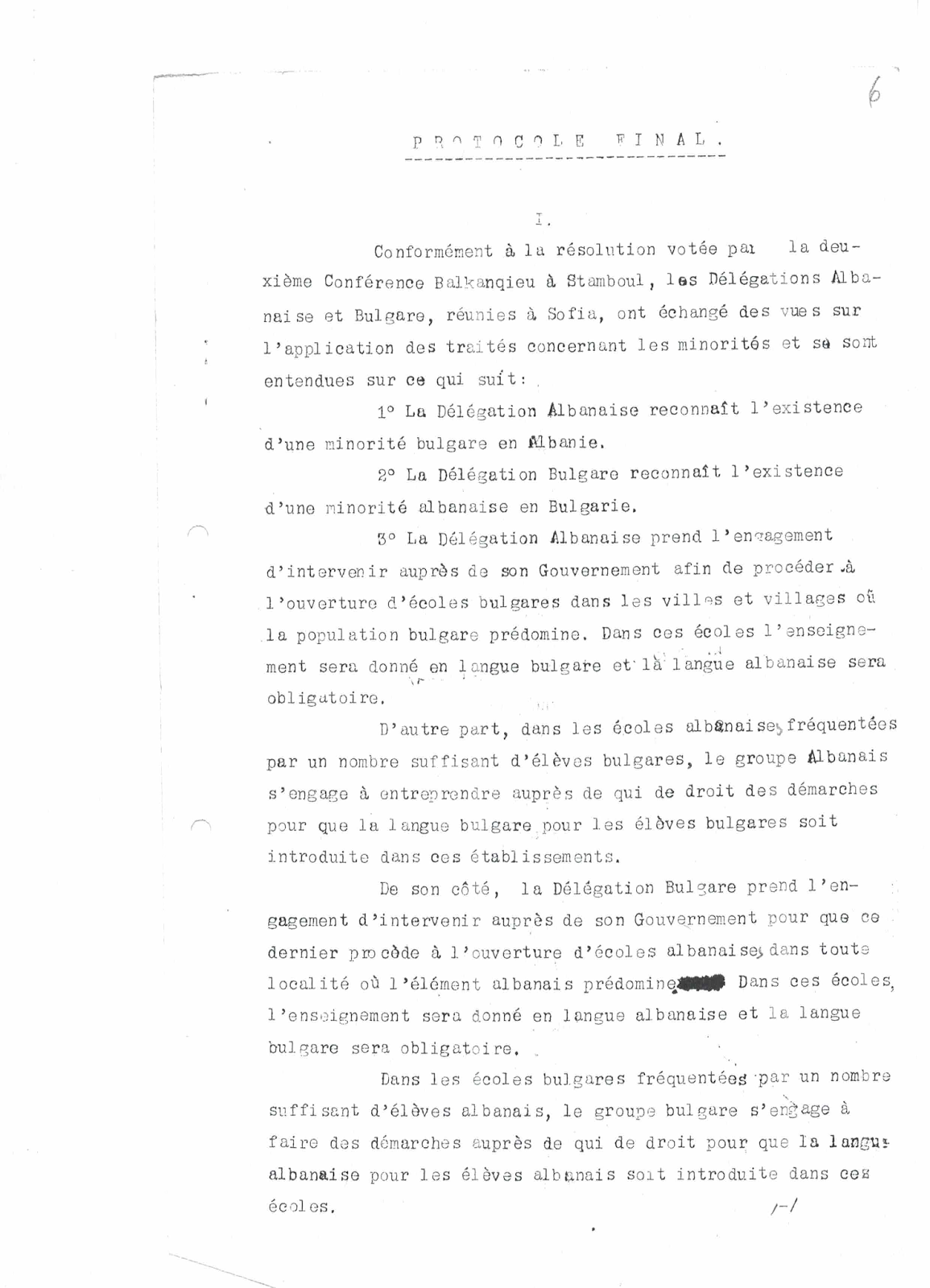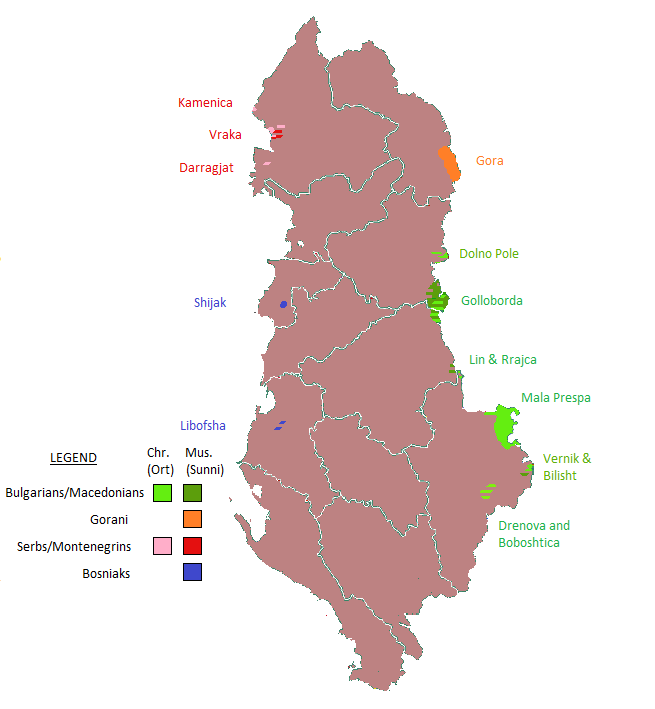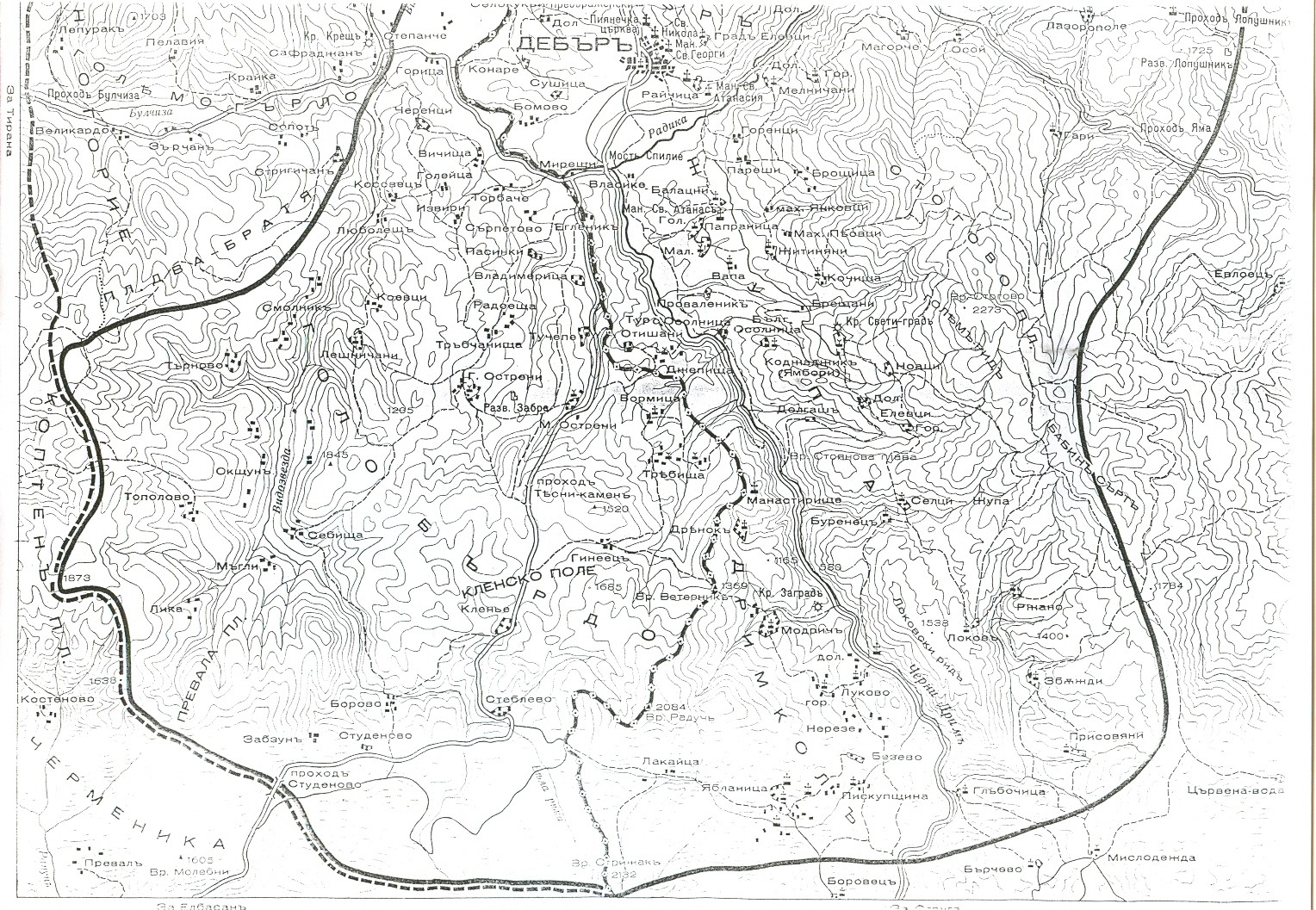|
Macedonians In Albania
The Macedonians in Albania (; ) are an officially recognized ethnic minority. According to the data from the census held in 2023, there are 2,281 ethnic Macedonians in Albania.The party of Macedonians in Albania does not recognize the census in which 8 citizens declared themselves Bulgarians.Слободен печат, 28.06.2024 According to the 2011 census, 5,512 Macedonians (ethnic group), ethnic Macedonians lived in Albania. In the 1989 census, 4,697 people had declared themselves Macedonian. The condition of the Macedonian population living in the Lake Prespa, Prespa area is described in positive terms, and particular praise is given since all the villages of the area are allowed schooling in their mother tongue. Macedonian organizations allege that the government undercounts their number and that they are politically under-represented, arguing there are no Macedonians in the Parliament of Albania, Albanian parliament, until Vasil Sterjovski was elected in 2019 representing ... [...More Info...] [...Related Items...] OR: [Wikipedia] [Google] [Baidu] |
Institute Of Statistics (Albania)
The Institute of Statistics () is an independent public legal entity tasked with producing official statistics in the Republic of Albania. INSTAT is organized at the central level, with regional statistical offices at the local level that operate within its organizational structure, which is approved by a decision of the Assembly, in accordance with the provisions of the legislation in force for independent institutions. Overview The statistical service in the Republic of Albania is carried out by the Institute of Statistics. In 1924, a statistical office was created that kept various economic records at the Ministry of Public Works and Agriculture. The activity of this office was limited to agricultural inventories that included the number of farmers and the type and amount of land use with agricultural and livestock plants, as well as some detailed statistics on industry, trade, export-imports and prices. The statistical service was eventually institutionalized by Decree no. ... [...More Info...] [...Related Items...] OR: [Wikipedia] [Google] [Baidu] |
Parliament Of Albania
The Parliament of Albania () or Kuvendi is the unicameral representative body of the citizens of the Republic of Albania; it is Albania's legislature. The Parliament is composed of no less than 140 members elected to a four-year term on the basis of direct, universal, periodic and equal suffrage by secret ballot. The Parliament is presided over by the Speaker, who is assisted by at least one deputy speaker. The electoral system is based on party-list proportional representation. There are 12 multi-seat constituencies, corresponding to the country's counties. The Parliament's powers are defined by the Constitution of Albania. Among its responsibilities, it has the power to amend the borders of Albania or the Constitution, pass all laws, approve the cabinet, supervise the work of the government, declare war, decide on cessation of hostilities, adopt the state's budgets and approve the state's accounts. Other duties include calling referendums, performing elections and appointm ... [...More Info...] [...Related Items...] OR: [Wikipedia] [Google] [Baidu] |
Bulgarians In Albania
The Bulgarians in Albania form the largest Slavic minority of the country and live primarily in the areas of Mala Prespa, Gollobordë and Gora (region), Gora. Ethnic identity can be fluid among Albania's Slavophonic population, who might identify as Albanians, Albanian, Bulgarians, Bulgarian or Macedonians (ethnic group), Macedonian, depending on the circumstances.INTERNATIONAL CENTRE FOR MINORITY STUDIES AND INTERCULTURAL RELATIONS (IMIR)ALBANIA:LANDMARKS OF TRANSITION Valeri Grigorov p.18 Between 2001 and 2016, around 4,470 Albanian nationals applied for a Bulgarian citizenship and over 2,600 of them were granted one. The Bulgarian minority was recognized by the Albanian government in October 2017. In the 2023 Albanian census, 7,057 people declared themselves to be Bulgarians. History Middle Ages and Ottoman period The first reference to a Slavic peoples, Slavic presence in Albania dates to 548, when the Slavs reached Epidamnos (Durrës), capturing fortresses in the city's vi ... [...More Info...] [...Related Items...] OR: [Wikipedia] [Google] [Baidu] |
Albanian-Bulgarian Protocol (1932)
The Albanian-Bulgarian Protocol was a bilateral document signed in Sofia on 9 January 1932 between the Albanian Kingdom and the Kingdom of Bulgaria, concerning mutual protection for each other's minority populations. However the protocol was never ratified by Albania, and tensions over the minority issue had returned by 1933.Milo, Paskal. “Albania and the Balkan Entente.” Balkan Studies 39, no. 1 (1998): 91–122 pp. 110–111./ref> History After the establishment of diplomatic relations between both countries in 1922, the major problem in their relations, was that Albanian authorities did not recognize the status of the Bulgarian minority in Albania. This recognition would involve Albania deeper in the conflict between Sofia and Belgrade on the Macedonian Slavs. In Albanian Macedonia, due to the Bulgarophile sentiments of the Slavic-speaking locals, the pro-Bulgarian, paramilitary Internal Macedonian Revolutionary Organization had its bases, from where it launched attack ... [...More Info...] [...Related Items...] OR: [Wikipedia] [Google] [Baidu] |
Mala Prespa
Mala Prespa ( Macedonian and , ) is a term used to denote a geographical area in eastern Albania, part of the wider region of Prespa. It is located on the western shore of Lake Prespa along the southeastern edge of Albania within the wider Korçë County and bordering the Pogradec and Devoll municipalities. The area is synonymous with Pustec Municipality. It is officially recognised as a Macedonian minority zone. According to the 2011 Census, in Albania there are about 5,000 Macedonians, primarily in the Mala Prespa area, forming 97% of the population of the Pustec Municipality. This area also contains small numbers of Aromanians (''Arvanito-Vlachs'') and, according to Bulgarian sources, Bulgarians.Mediapool.bg 14.10.2017Албания призна българското национално малцинство./ref> See also *Gollobordë Gollobordë ( sq-definite, Golloborda or Kalabardha; ; ) refers to a geographical area of traditionally 24 villages of which 18 are si ... [...More Info...] [...Related Items...] OR: [Wikipedia] [Google] [Baidu] |
Gollobordë
Gollobordë ( sq-definite, Golloborda or Kalabardha; ; ) refers to a geographical area of traditionally 24 villages of which 18 are situated primarily in eastern Albania, with a small portion consisting of six villages lying within North Macedonia. This region is located within the Dibër and Elbasan counties which contain both Macedonian and Albanian villages. This region, like neighboring regions, has historically been economically linked to the city of Debar, which was traditionally referred to by inhabitants as simply "the City" or "Shehr". History Ottoman period The Islamization process is held to have occurred in Golloborda relatively late in Ottoman times.Toncheva, Veselka (2013). "The Slavonic Community from the Golo Bardo Region, Republic of Albania: Traditions, Music, Identity". ''Our Europe. Ethnography – Ethnology – Anthropology of Culture''. Volume 2. Pages 40–42 In 1519, the region was still entirely Christian.Limanoski Niyazi (1993), Islamizatsijata i e ... [...More Info...] [...Related Items...] OR: [Wikipedia] [Google] [Baidu] |
World War I
World War I or the First World War (28 July 1914 – 11 November 1918), also known as the Great War, was a World war, global conflict between two coalitions: the Allies of World War I, Allies (or Entente) and the Central Powers. Fighting took place mainly in European theatre of World War I, Europe and the Middle Eastern theatre of World War I, Middle East, as well as in parts of African theatre of World War I, Africa and the Asian and Pacific theatre of World War I, Asia-Pacific, and in Europe was characterised by trench warfare; the widespread use of Artillery of World War I, artillery, machine guns, and Chemical weapons in World War I, chemical weapons (gas); and the introductions of Tanks in World War I, tanks and Aviation in World War I, aircraft. World War I was one of the List of wars by death toll, deadliest conflicts in history, resulting in an estimated World War I casualties, 10 million military dead and more than 20 million wounded, plus some 10 million civilian de ... [...More Info...] [...Related Items...] OR: [Wikipedia] [Google] [Baidu] |
Balkan Wars
The Balkan Wars were two conflicts that took place in the Balkans, Balkan states in 1912 and 1913. In the First Balkan War, the four Balkan states of Kingdom of Greece (Glücksburg), Greece, Kingdom of Serbia, Serbia, Kingdom of Montenegro, Montenegro and Kingdom of Bulgaria, Bulgaria declared war upon the Ottoman Empire and defeated it, in the process stripping the Ottomans of their European provinces, leaving only East Thrace, Eastern Thrace under Ottoman control. In the Second Balkan War, Bulgaria fought against the other four combatants of the first war. It also faced an attack from Kingdom of Romania, Romania from the north. The Ottoman Empire lost the bulk of its territory in Europe. Although not involved as a combatant, Austria-Hungary became relatively weaker as a much enlarged Serbia pushed for union of the South Slavs, Slavic peoples. The war set the stage for the July Crisis, July crisis of 1914 and as a prelude to the First World War. By the early 20th century, Bul ... [...More Info...] [...Related Items...] OR: [Wikipedia] [Google] [Baidu] |
Encyclopædia Britannica Eleventh Edition
The ''Encyclopædia Britannica'' Eleventh Edition (1910–1911) is a 29-volume reference work, an edition of the ''Encyclopædia Britannica''. It was developed during the encyclopaedia's transition from a British to an American publication. Some of its articles were written by the best-known scholars of the time. This edition of the encyclopaedia, containing 40,000 entries, has entered the public domain and is readily available on the Internet. Its use in modern scholarship and as a reliable source has been deemed problematic due to the outdated nature of some of its content. Nevertheless, the 11th edition has retained considerable value as a time capsule of scientific and historical information, as well as scholarly attitudes of the era immediately preceding World War I. Background The 1911 eleventh edition was assembled with the management of American publisher Horace Everett Hooper. Hugh Chisholm, who had edited the previous edition, was appointed editor-in-chief, with ... [...More Info...] [...Related Items...] OR: [Wikipedia] [Google] [Baidu] |
Tomasz Kamusella
Tomasz Kamusella (born 24 December 1967) is a Polish scholar pursuing interdisciplinary research in language politics, nationalism, and ethnicity. Education Kamusella was educated at the University of Silesia in Katowice, Faculty of Philology in Sosnowiec Campus (English language), Poland; Potchefstroom University (now part of the North-West University), Potchefstroom, South Africa; and the Central European University (co-accredited then by the Open University, Milton Keynes, United Kingdom), Prague Campus, Czech Republic. He obtained his doctor degree in political science from the Institute of Western Affairs ( Instytut Zachodni), Poznań, Poland and habilitation in Cultural Studies from the Warsaw School of Social Sciences and Humanities, Warsaw, Poland. Academic career From 1994 to 1995, he taught in the Language Teachers' Training College (''Nauczycielskie Kolegium Języków Obcych''), Opole, Poland, and between 1995 and 2007 at the University of Opole, Opole, Poland ... [...More Info...] [...Related Items...] OR: [Wikipedia] [Google] [Baidu] |
Motoki Nomachi
Motoki Nomachi (野町 素己; born 1976) is a professor in the Slavic-Eurasian Research Center at Hokkaido University, Sapporo, Japan. He specializes in Slavic linguistics and general linguistics, and is an expert on Slavic microlanguages. Biography Nomachi was born and raised in Tokyo. He earned his BA in 2000, his MA in Slavic languages and literatures in 2002, and his PhD in 2008, all from the University of Tokyo. In 2002–2003 he continued his education and did research at the University of Belgrade in Serbia. Subsequently, in 2003–2005, he did research and taught Japanese language and culture at the University of Warsaw in Poland. On 1 May 2008 he was employed as associate professor in the Slavic Research Center. Since 2010 Nomachi has acted as General Editor of one of the Center's periodicals, namely, '' Acta Slavica Iaponica''. Edited volumes *(co-edited by Tomasz Kamusella and Catherine Gibson) ''Central Europe through the lens of language and politics: on the s ... [...More Info...] [...Related Items...] OR: [Wikipedia] [Google] [Baidu] |
Bulgarians
Bulgarians (, ) are a nation and South Slavs, South Slavic ethnic group native to Bulgaria and its neighbouring region, who share a common Bulgarian ancestry, culture, history and language. They form the majority of the population in Bulgaria, while in Bulgarians in North Macedonia, North Macedonia, Bulgarians in Ukraine, Ukraine, Bessarabian Bulgarians, Moldova, Bulgarians in Serbia, Serbia, Bulgarians in Albania, Albania, Bulgarians in Romania, Romania, Bulgarians in Hungary, Hungary and Bulgarians in Greece, Greece they exist as historical communities. Etymology Bulgarians derive their ethnonym from the Bulgars. Their name is not completely understood and difficult to trace back earlier than the 4th century AD, but it is possibly derived from the Proto-Turkic word ''*bulģha'' ("to mix", "shake", "stir") and its derivative ''*bulgak'' ("revolt", "disorder"). Alternative etymologies include derivation from a compound of Proto-Turkic (Oghuric languages, Oghuric) ''*bel'' ("fi ... [...More Info...] [...Related Items...] OR: [Wikipedia] [Google] [Baidu] |





